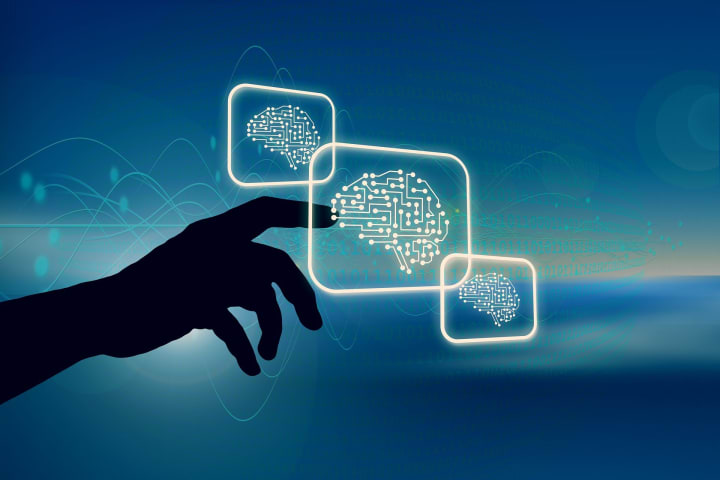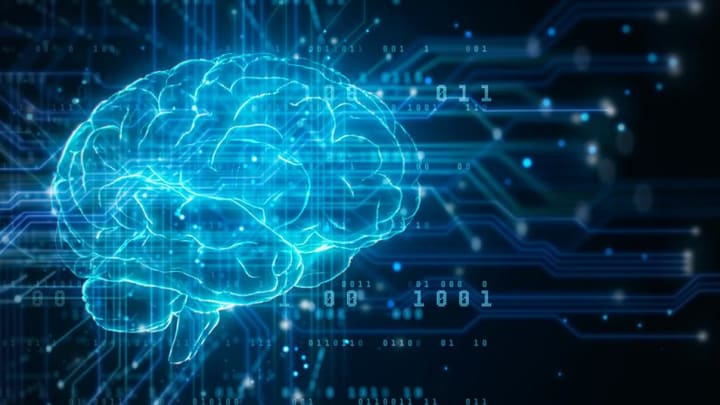
Technology and artificial intelligence (AI) have become integral parts of our daily lives, transforming the way we interact with the world and revolutionizing various industries. AI refers to the development of computer systems capable of performing tasks that typically require human intelligence, such as speech recognition, visual perception, decision-making, and problem-solving.
One of the significant advancements in AI technology is deep learning, a subfield of AI that involves training neural networks with vast amounts of data to recognize patterns and make predictions or decisions. This breakthrough has fueled significant progress in various domains, including natural language processing, computer vision, robotics, and healthcare.
Natural language processing (NLP) has witnessed remarkable advancements thanks to AI. Chatbots and virtual assistants, powered by NLP algorithms, are now capable of understanding and responding to human language in a more sophisticated and context-aware manner. This technology has greatly improved customer service, personalized user experiences, and even aided in language translation and sentiment analysis.

Computer vision, another critical area influenced by AI, has made tremendous strides in object recognition, image classification, and video analysis. AI-powered vision systems enable applications such as autonomous vehicles, facial recognition systems, and augmented reality experiences. These advancements have opened up new possibilities in sectors like transportation, security, gaming, and entertainment.
AI has also made significant contributions to the healthcare industry. Machine learning algorithms can analyze vast amounts of medical data to identify patterns and make accurate predictions for diagnosis, treatment, and drug discovery. AI-powered medical imaging systems enhance the precision and efficiency of diagnosing diseases like cancer, while robotics assists in surgeries and rehabilitation processes.
While the potential benefits of AI are vast, it is crucial to consider ethical implications and address concerns such as data privacy, algorithmic bias, and job displacement. Striking a balance between technological advancements and human values is essential to ensure that AI is deployed responsibly and for the betterment of society.
Looking ahead, the future of technology and AI appears promising. Continued research and development will likely lead to even more sophisticated AI systems capable of understanding complex human emotions, reasoning, and creativity. However, it is vital to approach AI with a combination of innovation, regulation, and ethical considerations to harness its transformative power while minimizing potential risks.

Automation and Efficiency: AI has the potential to automate repetitive and mundane tasks, freeing up human resources to focus on more creative and complex endeavors. This can lead to increased productivity and efficiency in various industries, such as manufacturing, logistics, and customer service.
Personalization and User Experience: AI algorithms can analyze vast amounts of user data to provide personalized recommendations, tailored advertisements, and customized user experiences. This level of personalization enhances customer satisfaction and helps businesses deliver more targeted and relevant products and services.
Smart Homes and Internet of Things (IoT): AI plays a crucial role in powering smart home devices and IoT ecosystems. From voice-controlled assistants to automated energy management systems, AI enables seamless integration and intelligent control of interconnected devices, creating a more convenient and connected living environment.
Data Analysis and Decision-Making: With the increasing availability of big data, AI algorithms can analyze and derive insights from massive datasets, enabling better decision-making in various fields. From financial forecasting to market analysis and risk assessment, AI empowers businesses and organizations to make data-driven decisions more efficiently.
Enhanced Security and Cyber Defense: AI is being used to develop robust security systems capable of identifying and mitigating cybersecurity threats in real-time. AI-powered technologies can detect patterns of suspicious behavior, identify potential vulnerabilities, and respond swiftly to cyber attacks, helping protect sensitive information and critical infrastructure.
Autonomous Systems: AI is a driving force behind the development of autonomous systems, such as self-driving cars, drones, and robots. These technologies have the potential to revolutionize transportation, logistics, and manufacturing, leading to increased efficiency, reduced costs, and improved safety.
Ethical Considerations: As AI becomes more advanced and influential, ethical considerations surrounding its use become increasingly important. Addressing issues like algorithmic bias, data privacy, and transparency in AI decision-making processes is crucial to ensure the responsible and fair deployment of AI technologies.
Collaboration between Humans and AI: Rather than replacing humans, AI has the potential to augment human capabilities and facilitate collaboration between humans and machines. By leveraging AI's analytical power and human creativity, innovation, and intuition, we can achieve greater breakthroughs and solve complex problems more effectively.
Continuous Learning and Adaptability: AI systems can continuously learn from new data and adapt their behavior accordingly. This ability allows AI technologies to improve over time, refine their performance, and provide increasingly accurate results and predictions.
Social and Economic Impact: The widespread adoption of AI technologies can have significant social and economic implications. While it can lead to job displacement in certain sectors, it also opens up new opportunities and creates new roles and industries. It is important to invest in reskilling and upskilling programs to ensure a smooth transition in the workforce.





Comments
There are no comments for this story
Be the first to respond and start the conversation.